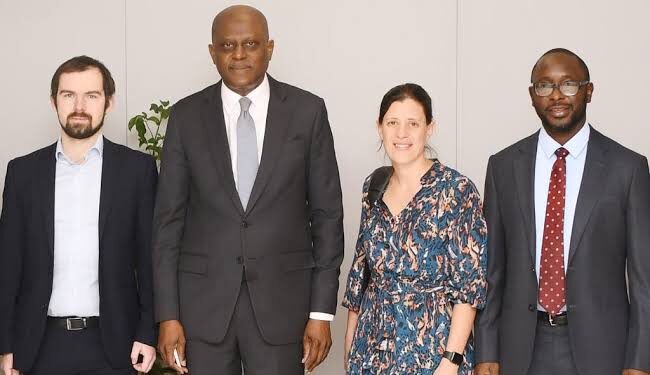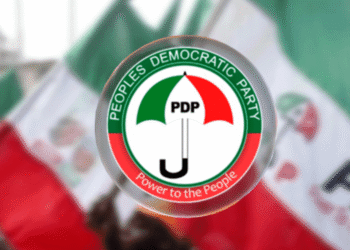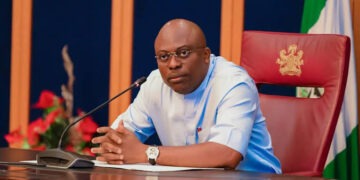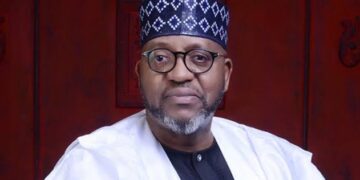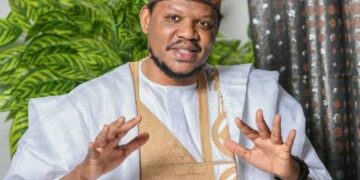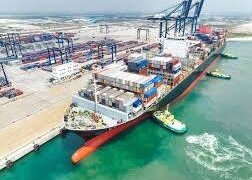The World Bank has strongly advised the Nigerian federal government not to reverse the ongoing economic reforms, cautioning that doing so could have harmful consequences for the nation. These reforms, which include the removal of the fuel subsidy and the elimination of multiple foreign exchange systems, were among the first measures implemented by President Bola Tinubu’s administration upon assuming office.
Since their introduction, these policies have sparked widespread debate. The government has consistently defended its decisions, presenting them as essential steps toward long-term economic recovery. However, many Nigerians have expressed concerns about the immediate effects these reforms have had on the population. For instance, the price of fuel, which stood at N198 per liter before the removal of the subsidy, now exceeds N1,000. Similarly, the naira, which was trading at less than N600 to the dollar at the time of the policy change, now trades for over N1,700 on the parallel market.
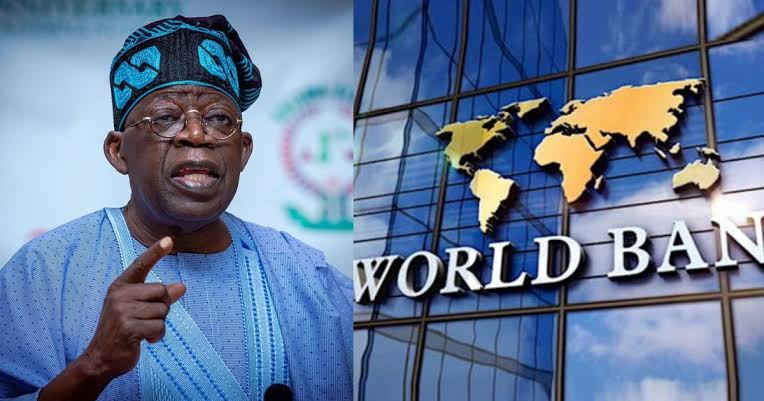
At the launch of the Nigeria Development Update (NDU) report in Abuja, Dr. Ndiame Diop, the World Bank Country Director for Nigeria, acknowledged the challenges posed by these reforms but emphasized their importance for the country’s future. According to Diop, while the reforms may cause short-term hardship, they are critical for ensuring Nigeria’s long-term economic stability. He warned against reversing the progress made so far, stating that doing so would have grave consequences. “Reversing these reforms would be detrimental and would spell doom for Nigeria,” he said during his address.
In support of this stance, Nigeria’s Minister of Finance and Coordinating Minister of the Economy, Mr. Wale Edun, reinforced the government’s commitment to sustaining the current economic reforms. He highlighted the importance of consistency, stressing that any efforts not maintained would ultimately be wasted. “Any effort that is not sustained will be a waste. Together with the Governor of the Central Bank of Nigeria and the Minister of Budget and National Planning, we’ve been discussing how to stay on course, tackle inflation and ensure we move in the right direction,” Edun explained.
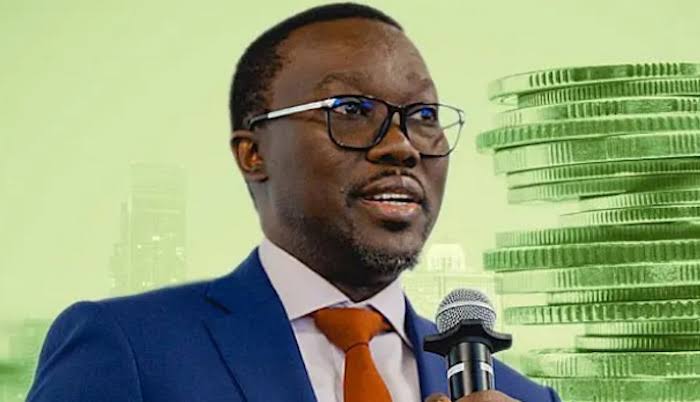
The minister further elaborated on the government’s strategy, focusing on reducing inflation while attracting investment into key sectors such as industry, which can help create jobs. Edun expressed optimism about the future, noting that the country expects substantial investments in the coming days. These investments, he said, are crucial for driving growth and ensuring that the reforms lead to tangible benefits for the population.
The World Bank’s position on Nigeria’s economic reforms is not new. Just last week, at the 30th Nigerian Economic Summit (NES30) held in Abuja, Mr. Indermit Gill, the World Bank’s Senior Vice President and Chief Economist, made similar comments. He urged the Tinubu administration to stay the course with the reforms, even though they have resulted in hardship for many citizens. According to Gill, Nigeria needs to remain committed to these policies for the next 10 to 15 years in order to establish itself as a leading economic power in sub-Saharan Africa and on the global stage.
However, not everyone shares this optimistic view. The Country Director of ActionAid Nigeria, Andrew Mamedu, criticized the comments made by the World Bank officials. Mamedu described Gill’s statements as insulting to the millions of Nigerians who are currently enduring severe economic hardships. He argued that while the World Bank and government officials speak of long-term benefits, many Nigerians are struggling with the immediate effects of these policies, such as skyrocketing inflation, unemployment, and the rising cost of living.
The debate over Nigeria’s economic reforms continues to intensify, with the federal government and international institutions like the World Bank emphasizing the need for patience and perseverance, while critics call for more immediate relief for the suffering population. The central question remains whether the long-term goals of these reforms will outweigh the short-term pain felt by millions across the country. As the Tinubu administration presses forward, the stakes are high, and the pressure to balance economic stability with social welfare is growing.
For now, the government seems resolute in its course, aiming to implement policies that will reshape the economy, attract investment, and foster growth. However, the challenge will be to ensure that the benefits of these reforms are felt by all Nigerians, especially those most vulnerable to the economic hardships they are currently facing. The coming months will be crucial in determining the success of these reforms and whether Nigeria can navigate the difficulties ahead while maintaining social stability and economic progress.


